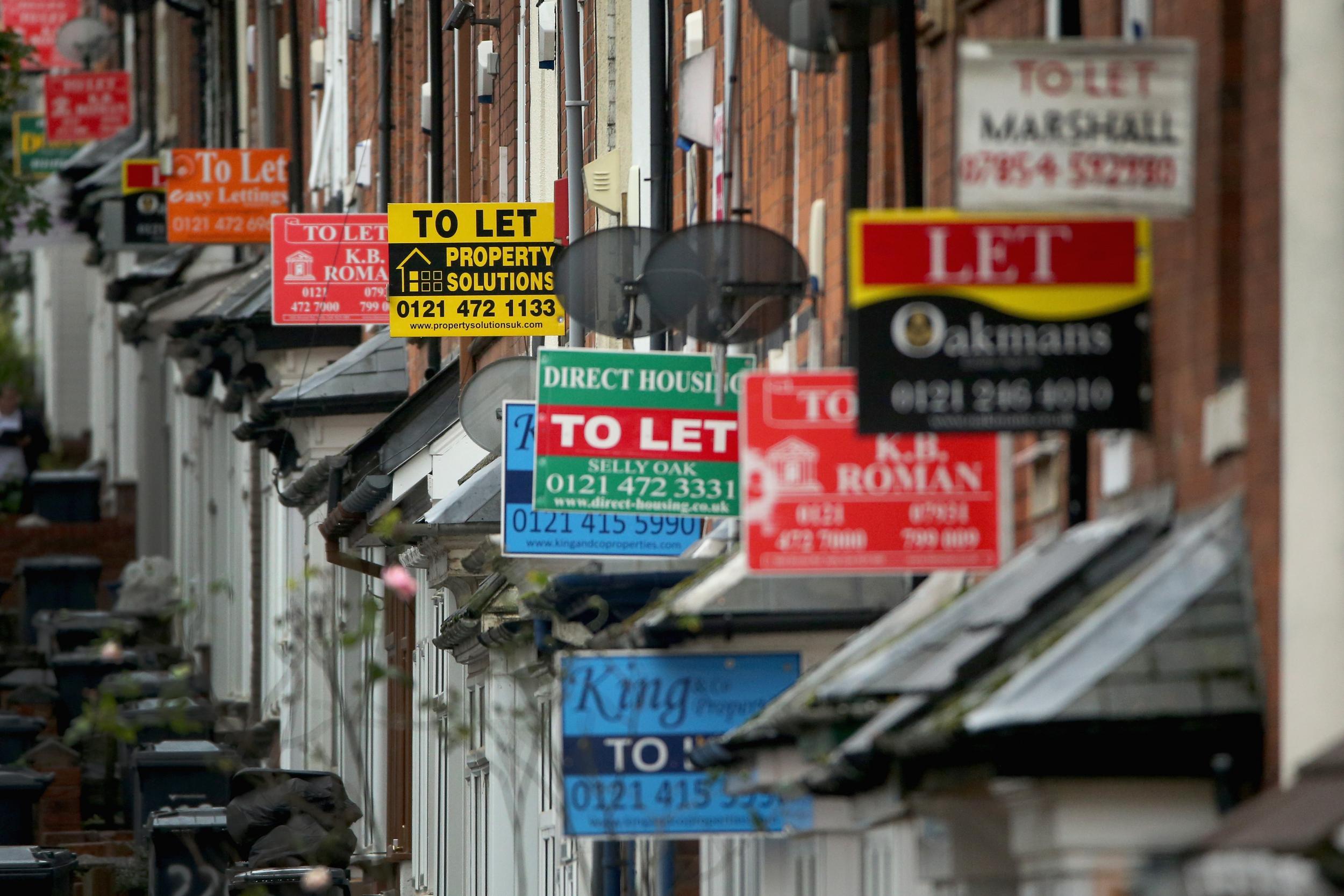Housing crisis is weakening the bonds between generations
Study finds British communities are increasingly segregated by age, leading to a lack of empathy and growing strain on the NHS

Your support helps us to tell the story
From reproductive rights to climate change to Big Tech, The Independent is on the ground when the story is developing. Whether it's investigating the financials of Elon Musk's pro-Trump PAC or producing our latest documentary, 'The A Word', which shines a light on the American women fighting for reproductive rights, we know how important it is to parse out the facts from the messaging.
At such a critical moment in US history, we need reporters on the ground. Your donation allows us to keep sending journalists to speak to both sides of the story.
The Independent is trusted by Americans across the entire political spectrum. And unlike many other quality news outlets, we choose not to lock Americans out of our reporting and analysis with paywalls. We believe quality journalism should be available to everyone, paid for by those who can afford it.
Your support makes all the difference.The housing crisis is driving a “geographic wedge” between the generations, weakening the bond between different age groups, according to new research. The study found that the rise in “age segregation”, caused by the lack of affordable housing for younger people, is damaging our society.
Across England and Wales, the number of neighbourhoods in which half the population is aged over 50 has risen rapidly since 1991, the research from the Intergenerational Foundation (IF) found. In 1991 there were just 65 such neighbourhoods. This had risen to 485 by 2014, 60 per cent of which were rural. But within urban areas, older people, children and young adults are also living increasingly separately.
“The housing crisis is driving a geographic wedge between the generations,” the research said. “It means that older and younger generations are increasingly living apart.”
Since 1991, the median average age of neighbourhoods near the centre of cities has generally fallen by between five and 10 years, the report said.
The report identified Cardiff, with its large student population, as “the most age segregated city in England and Wales”. Brighton, Leeds, Nottingham, Sheffield and Southampton were also identified by the report as age segregation “hotspots”.
In Cardiff and Brighton, nearly a quarter of the population would need to move home in order to eliminate age segregation.
Surging house prices and a lack of choice for buyers have meant many people in the younger generation have had to move to find affordable housing close to employment. Younger generations are more likely rent than own, but older generations also face a “last-time buying crisis” due to a general lack of supply and a lack of affordable suitable accommodation to downsize into, the report said.
Living apart in this way is making it harder for younger and older generations to look after each other, putting a bigger strain on the NHS. Age segregation also reduces people's opportunities to find work and makes it harder for people to see different generations' perspectives, it said.
Angus Hanton, co-founder of the think tank, said segregating communities by age was fostering “a lack of understanding of, and empathy for, other generations.”
Nigel Wilson, chief executive officer of Legal & General, which supported the research, said that the housing crisis had created “an intergenerationally unfair society”.
“We need to take bold steps to reverse the negative trends of the last 30 years,” he added. “This will involve not only an increase in housing supply of 100,000 a year of all tenures, but also a step up in investment in modern infrastructure and modern industries to create the jobs of the future.”
To break down divides between generations, the report recommended that it should become easier for older generations to subdivide their homes where they already live, to encourage intergenerational living, as well as building new, smaller homes suitable for older people to downsize into and free up larger properties for young families.
New, mixed housing developments should also be built that different generations are able to share and the building of housing developments that are only suitable for one age group should be avoided, the report said.
The report used figures from the Office for National Statistics (ONS) to make its findings.
A Department for Communities and Local Government spokesman said: “Building the homes that communities need is an absolute priority for the Government and we have delivered nearly 900,000 since the end of 2009.
”We've also set out the largest housebuilding programme since the 1970s, doubling the housing budget so we can build a million extra homes.“
Join our commenting forum
Join thought-provoking conversations, follow other Independent readers and see their replies
Comments